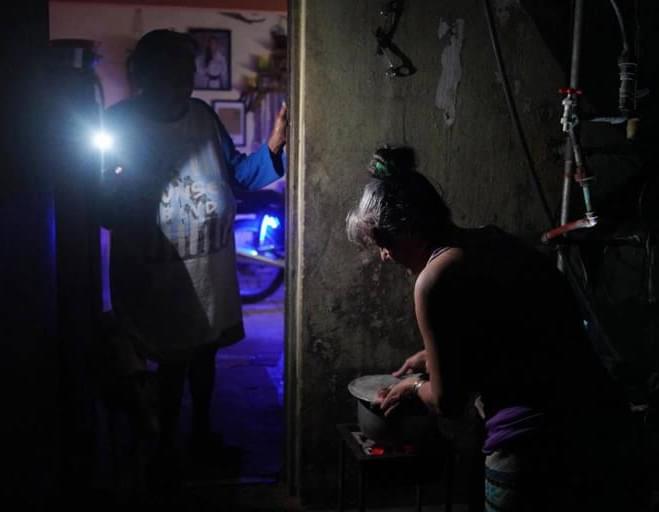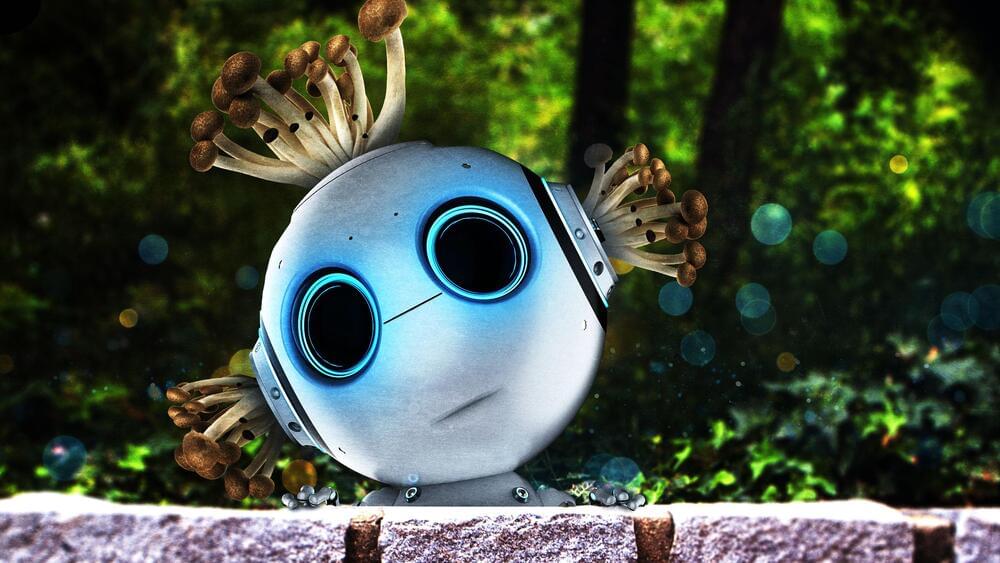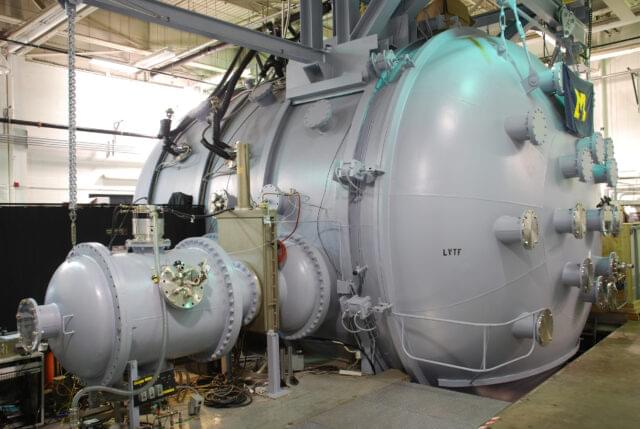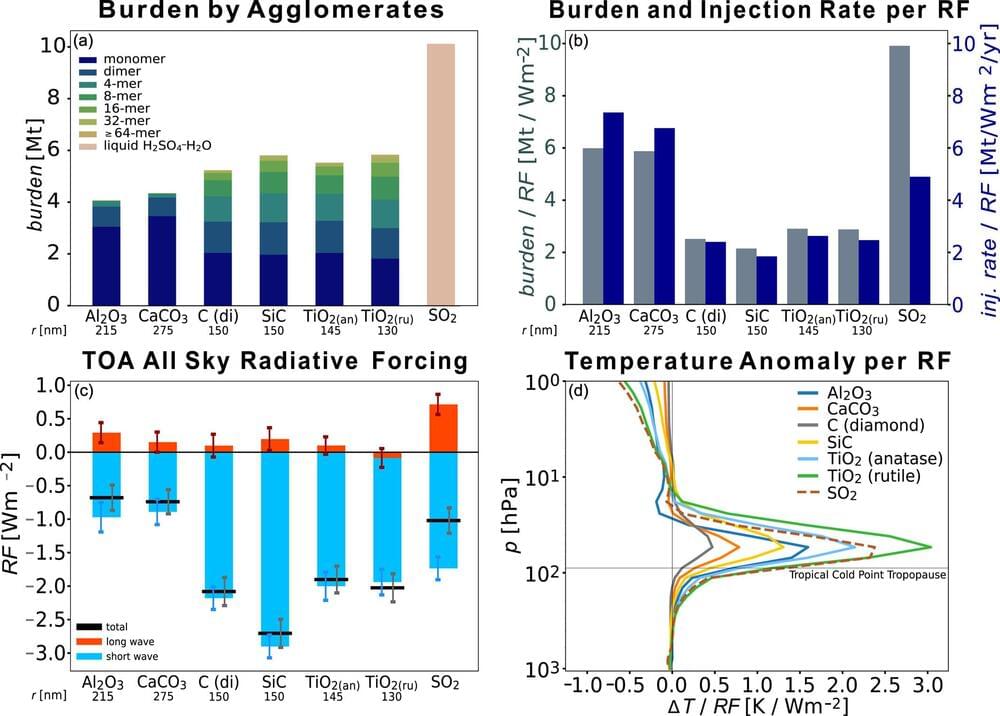O.o!!!!
As electricity was being restored in parts of Cuba following an island-wide blackout, a total collapse of the electrical grid occurred once again.

Was awarded jointly to John J. Hopfield and Geoffrey E. Hinton ‘for foundational discoveries and inventions that enable machine learning with artificial neural networks’

Title: See…
Artificial intelligence software was used to enhance the grammar, flow, and readability of this article’s text.
Artificial intelligence systems aim to comprehend and convey information in increasingly human ways. Behind the scenes, different models represent that information using either continuous or discrete structures.

Robots controlled by fungi, despite giving strong Last of Us vibes, are a good idea on paper; fungi are very easy to sustain and can live pretty much everywhere, including extreme environments like the Arctic, or even amid nuclear contamination.
A mushroom’s response to environmental changes can be used to control a robot.
Enjoy the videos and music you love, upload original content, and share it all with friends, family, and the world on YouTube.

SCATTERED THROUGHOUT THE UNIVERSE are ravenous black holes that pull gas, dust, light and even other black holes into their maw, never to be seen again. Like a riptide pulling swimmers out to sea, the gravity inside a black hole pulls matter past a point of no return, called the event horizon, and condenses it so tightly that physics as we know it begins to break down, creating a “singularity.” It’s this singularity, in particular, that troubles physicists because it throws their most important theories about the universe into question.
That’s why theoretical physicist Nikodem Poplawski, Ph.D., asked a big question back in 2010: what if black holes don’t contain a singularity at all? Instead, Poplawski’s theory suggests, the center of a black hole could contain a pathway into another universe. Weirder yet, his theory predicts that this may be how our own universe was created.
A paper describing this work, titled “Radial motion into an Einstein–Rosen bridge,” was published 14 years ago in the journal Physics Letters B. While the theory captured attention at the time, this topic is still rather niche among physicists. Many researchers have either moved on, or have never heard of the idea to begin with.
Enjoy the videos and music you love, upload original content, and share it all with friends, family, and the world on YouTube.

SpaceX was awarded an eight-launch, $733 million contract by the U.S. Space Force on Friday, as part of an ongoing program intended to foster competition among launch providers.
The award includes seven launches for the Space Development Agency and one for the National Reconnaissance Office, all anticipated to use Falcon 9s and occur no earlier than 2026.
The massive new contract is part of a U.S. Space Force Space Systems Command (SSC) program with the catchy name of “National Security Space Launch Phase 3 Lane 1.” This third round of contracts was split into two lanes last year: Lane 1, for lower-risk missions and near-Earth orbits; and Lane 2, for heavy-lift missions and the more demanding orbits.

This sounds very promising! The researchers are investigating the use of nuclear microreactors to power faster and more efficient electric propulsion systems.☢️🚀
To develop spacecraft that can “maneuver without regret,” the U.S. Space Force is providing $35 million to a national research team led by the University of Michigan. It will be the first to bring fast chemical rockets together with efficient electric propulsion powered by a nuclear microreactor.
The newly formed Space Power and Propulsion for Agility, Responsiveness and Resilience Institute involves eight universities, and 14 industry partners and advisers in one of the nation’s largest efforts to advance space power and propulsion, a critical need for national defense and space exploration.
Right now, most spacecraft propulsion comes in one of two flavors: chemical rockets, which provide a lot of thrust but burn through fuel quickly, or electric propulsion powered by solar panels, which is slow and cumbersome but fuel efficient. Chemical propulsion comes with the highest risk of regret, as fuel is limited. But in some situations, such as when a collision is imminent, speed may be necessary.

A multi-institutional team of climatologists, meteorologists and Earth scientists has found evidence that dropping diamond dust from an airplane into the atmosphere could cool the planet. In their study published in the journal Geophysical Research Letters, the group used 3D climate models to compare aerosols that might be used to cool the planet.